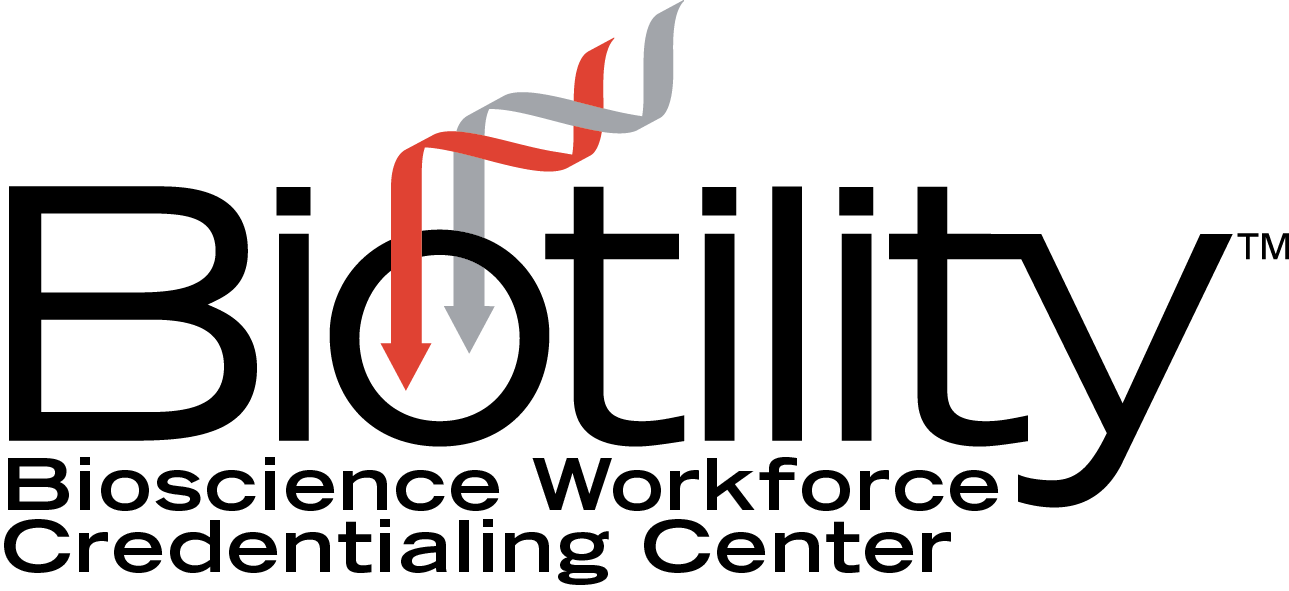Inside a Biotech Company: Departmental Roles & Organization
Biotech companies are complex organizations with various departments, each playing a crucial role in the development, production, and commercialization of biotechnological products. Many biotech companies are very small at start-up, and employees may “wear many hats” (i.e. work as members of multiple departments).
![]()
Research and Development
Responsible for discovering/developing a product with commercial value
- Develop processes to make the product
- Determine which raw materials and equipment are required
- Develop a plan for production
- Characterize the properties of the product
- Composition
- Effect, strength, potency, purity, safety
- Product applications
- Develop methods to test the product
Example Job Titles in Research and Development: Research Scientist, Biochemist, Molecular Biologist, Research Associate
Manufacturing/Production
Responsible for making the product
- Preparation of supporting materials
- Operation of equipment and instrumentation
- Monitoring processes
- Implementing corrective actions
- Routine calibration and maintenance of equipment
Example Job Titles in Manufacturing/Production: Manufacturing Technician, Production Manager, Process Engineer, Production Planner
Quality Control (QC)
Responsible for testing the product to ensure its identity, safety, purity, and stability
- Also responsible for testing raw materials used to make the product
- Performs environmental monitoring within facility
Example Job Titles in Quality Control: Quality Control Analyst, QC Scientist, Analytical Chemist, Microbiologist, QC Technician
Quality Assurance (QA)/Regulatory Affairs
Responsible for ensuring compliance with CGMP. QA has the ultimate authority to release or reject both raw materials and product lots.
- Review and approve all documentation
- Store, prepare, and issue documents
- Oversee audit methods, results, systems, and processes
- Training oversight
- Vendor qualifications and inspection
- Validation plans
Example Job Titles in Quality Assurance: Quality Assurance Specialist, Regulatory Affairs Specialist, Compliance Officer, QA Auditor
While even the smallest companies will have the above branches, larger and more established companies are likely to have more, such as Clinical Development, Project Management, Business Development, Finance & Accounting, Human Resources, Legal & Intellectual Property, Marketing, etc. From the early stages of research and development to the final stages of production, quality control, and regulatory compliance, each department plays a vital role in bringing biotechnological innovations from concept to market.
